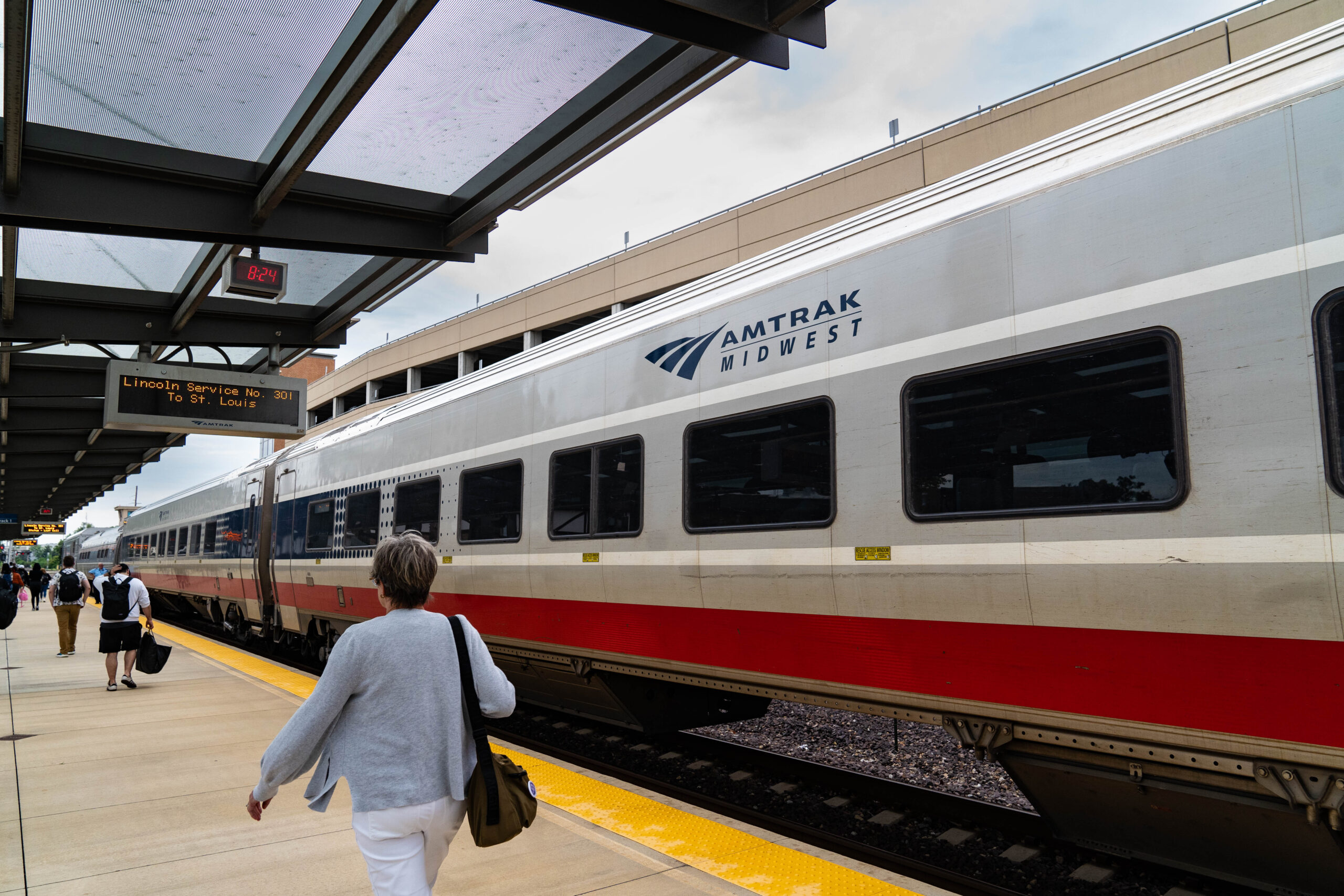I just assumed the 3 hours vs 2.5 hours is because there is no direct Montreal-Toronto route, but it is routed through Ottawa? Rather than having a straightish line from Montreal to Toronto with a branch up to Ottawa, which would obviously be faster?
I'm sure a business case will be released, but its not worth saving 30 minutes to avoid the ridership of Ottawa. 3 hours is already faster than any other mode of transportation from Toronto to Montreal. Yes, even planes. People love to lie to themselves, but once you include getting to the airport, security, baggage, boarding, taxing, deplaning, and then getting from Trudeau airport to downtown Montreal, its easily 4 hours. Yes, maybe some of you have miraculously done it in 3.5 hours, but the average even from BB is 4 hours. Plus the headache of all of the changes of transport, dealing with some fat lady throwing out your shampoo, etc. It also wont be much better once the REM is online, the route is quite circuitous, it will just be a nicer ride than a bus.
People arent going to care if the ride is 30 minutes longer for an Ottawa stop when its still faster than flying, and all you have to do is plop your but down in a seat and from Union to Garre Central you dont even have to move a muscle.
Having branch lines will also cause an increase in cost, maintenance, etc. if we decided to have a route to Ottawa and one direct to Montreal. Its not worth saving 30 minutes.
Also, the route is not that out of the way. Its still rather straight because Montreal is north/east of Toronto.
If we draw a straight line from Toronto to Montreal, even the current CN route is not a straight shot. (please note these are VERY rough estimates of where the existing and HSR lines will be, drawn freehand) There exists no route that would be an actual straight shot to Montreal.






